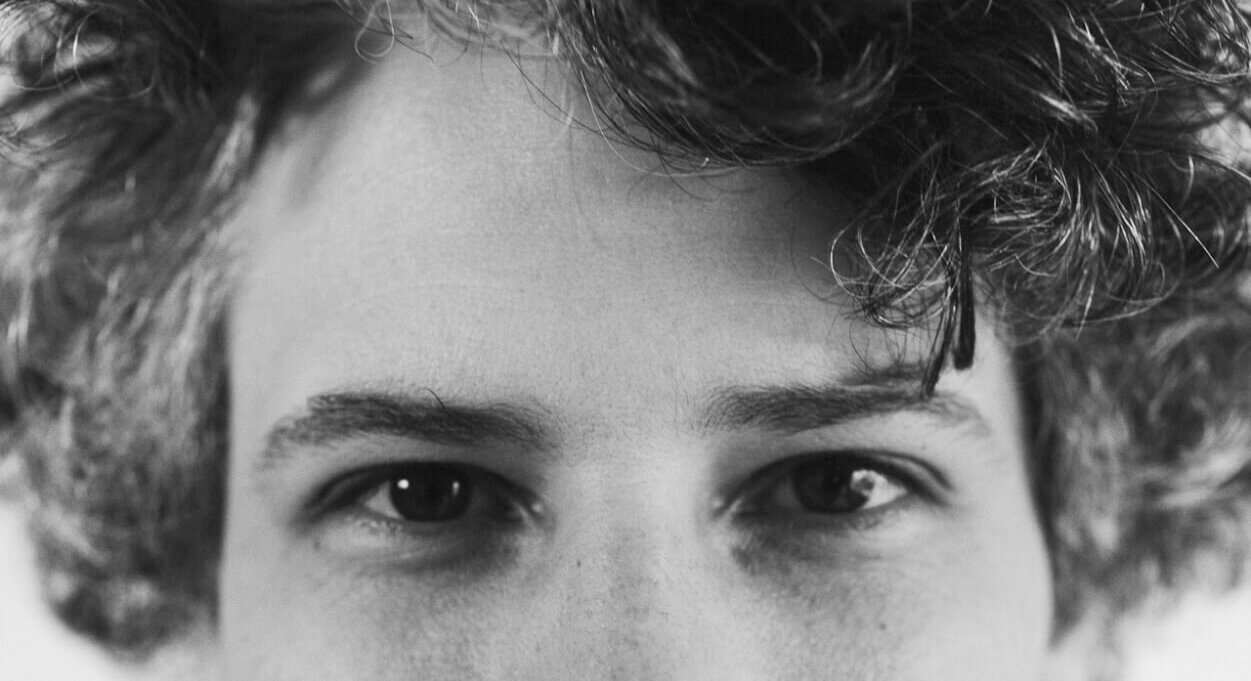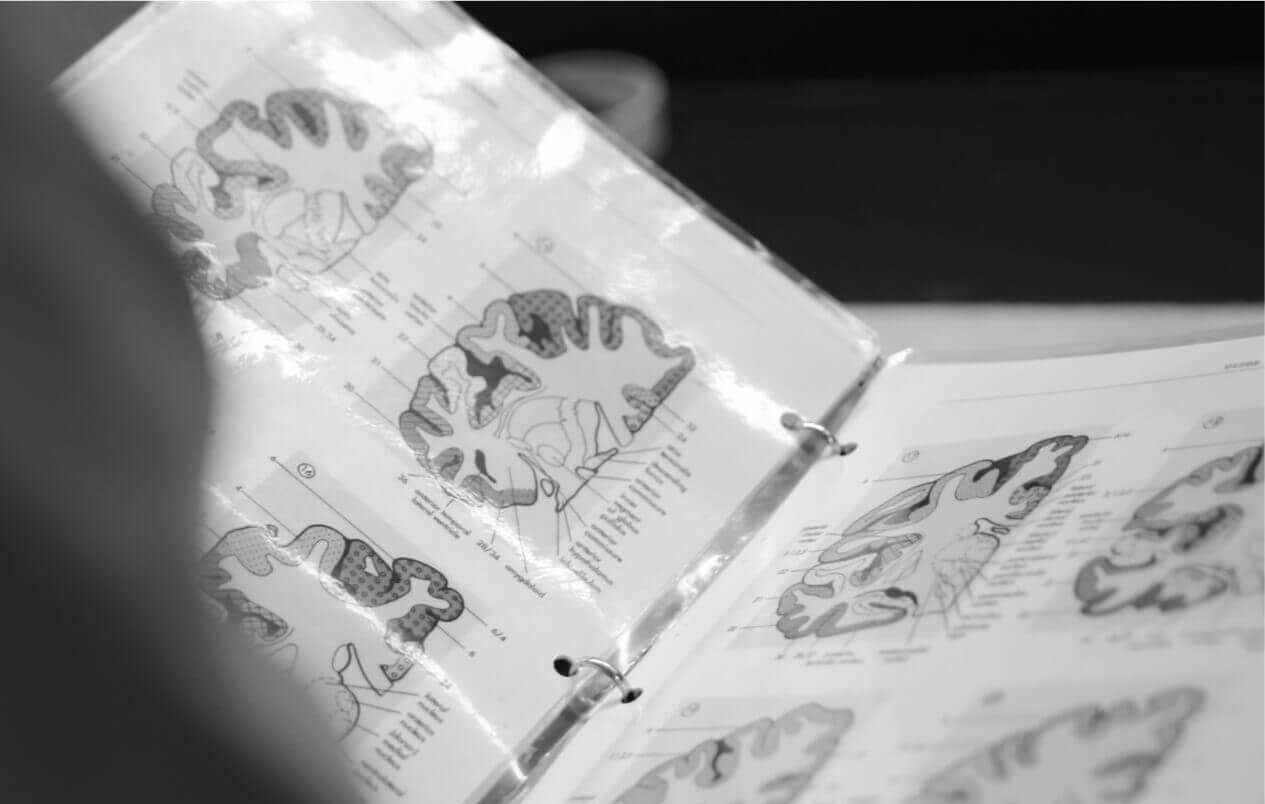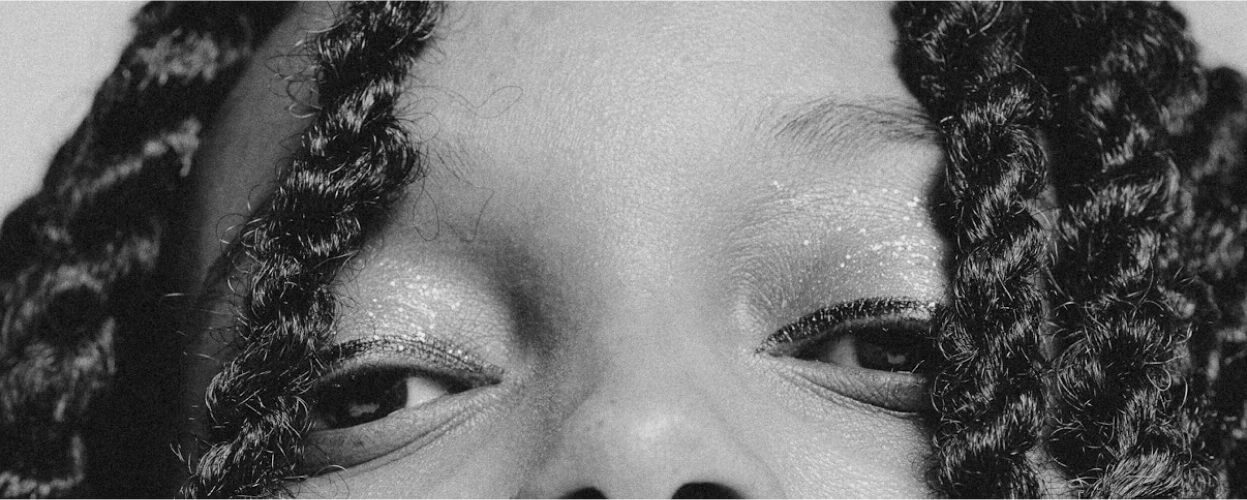National Health Care Decisions Day: Empowering Individuals and Families through Brain Donation
National Health Care Decisions Day: Empowering Individuals and Families through Brain Donation
National Health Care Decisions Day (NHDD) is an annual event held on April 16th to raise awareness about the importance of advance care planning and making decisions about one’s healthcare. This day serves as a reminder to individuals to think about their healthcare choices, communicate those choices to loved ones, and ensure they are prepared for unexpected medical events. It’s a day dedicated to empowering people with the knowledge and tools they need to make informed decisions about their health care, should the need arise.
The connection between NHDD and brain donation
On National Health Care Decisions Day, individuals are encouraged to make informed decisions about their healthcare, and brain donation can be an essential part of these discussions. It’s an opportunity for people to reflect on how they want to contribute to medical science, especially if they have a personal connection to neurological diseases. Discussing brain donation as part of an advance care plan can ensure that your wishes are honored when the time comes. It also encourages family members to have important conversations about organ and tissue donation long before a medical crisis occurs.
Why should you consider brain donation as part of your healthcare decisions?
- Advancing scientific research: The brain is one of the least understood organs in the human body. Brain donation can directly contribute to vital research that seeks to understand complex neurological conditions. Donations help scientists investigate the causes, progression, and treatment of diseases like Alzheimer’s, Parkinson’s, epilepsy and more.
- Helping future generations: By donating your brain, you can be a part of the solution for future generations. The research made possible by brain donations could lead to life-changing breakthroughs in understanding mental health disorders, brain injuries, and degenerative diseases.
- Supporting families and communities: Brain donation offers families a way to contribute to medical science after a loved one has passed. This altruistic act provides families a sense of comfort, knowing their loved one’s legacy may help future generations avoid the struggles their family may have faced due to a neurological disorder.
- Building awareness: Just as advance care planning is a critical part of healthcare decisions, brain donation awareness is equally important. Having conversations with loved ones about brain donation allows individuals to understand their options and make an informed decision that aligns with their values.
By including brain donation in your healthcare plans, you could be part of the breakthrough that leads to a cure for neurological diseases in the future. Learn more about brain donation and start the process by pre-registering your brain to donate to science by visiting braindonorproject.org. Make your decisions count—today and for tomorrow.



